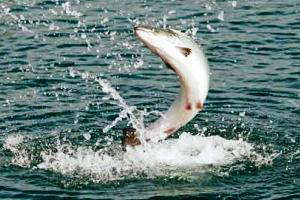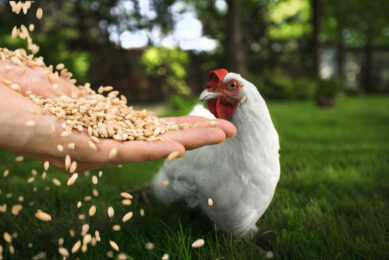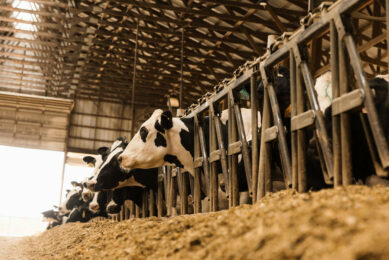Skretting replace fish oil in salmon feed

Skretting Australia, the company that supplies New Zealand King Salmon farms with feed pellets, is replacing the fish oil and fish meal in their products with poultry oil.
Skretting cites the instability of the Peruvian anchovy industry as its main reason for using poultry and other animal by products from Australia’s poultry, cattle, sheep and pig slaughter industries.
Oil from poultry was increasingly taking the place of fish oil in Skretting feed.
Skretting Australia New Zealand account manager Ben Wybourne told an Environmental Protection Authority hearing in Blenheim that more than 80% of the diet of New Zealand salmon was land-based.
King Salmon diets are 10% fishmeal compared with 70% in 1990.
An authority board of inquiry will decide whether King Salmon can build nine new fish farms in the Marlborough Sounds.
Sustain Our Sounds, a conservation organisation dedicated to protecting the Marlborough Sounds, where King Salmon’s farms are located, is opposing the company’s application to expand.
The absence of salmon diseases in New Zealand farmed salmon meant antibiotics were not used in feeds for this market, Wybourne said. There was no need for lice treatments or drenches to treat internal parasites. The company did add antibiotics and vaccines to feed used in other countries.
The dried, cooked feeds made by Skretting were as unlikely to carry disease as cooked dry biscuits, Wybourne said. The company met New Zealand import standards which guarded against disease.











